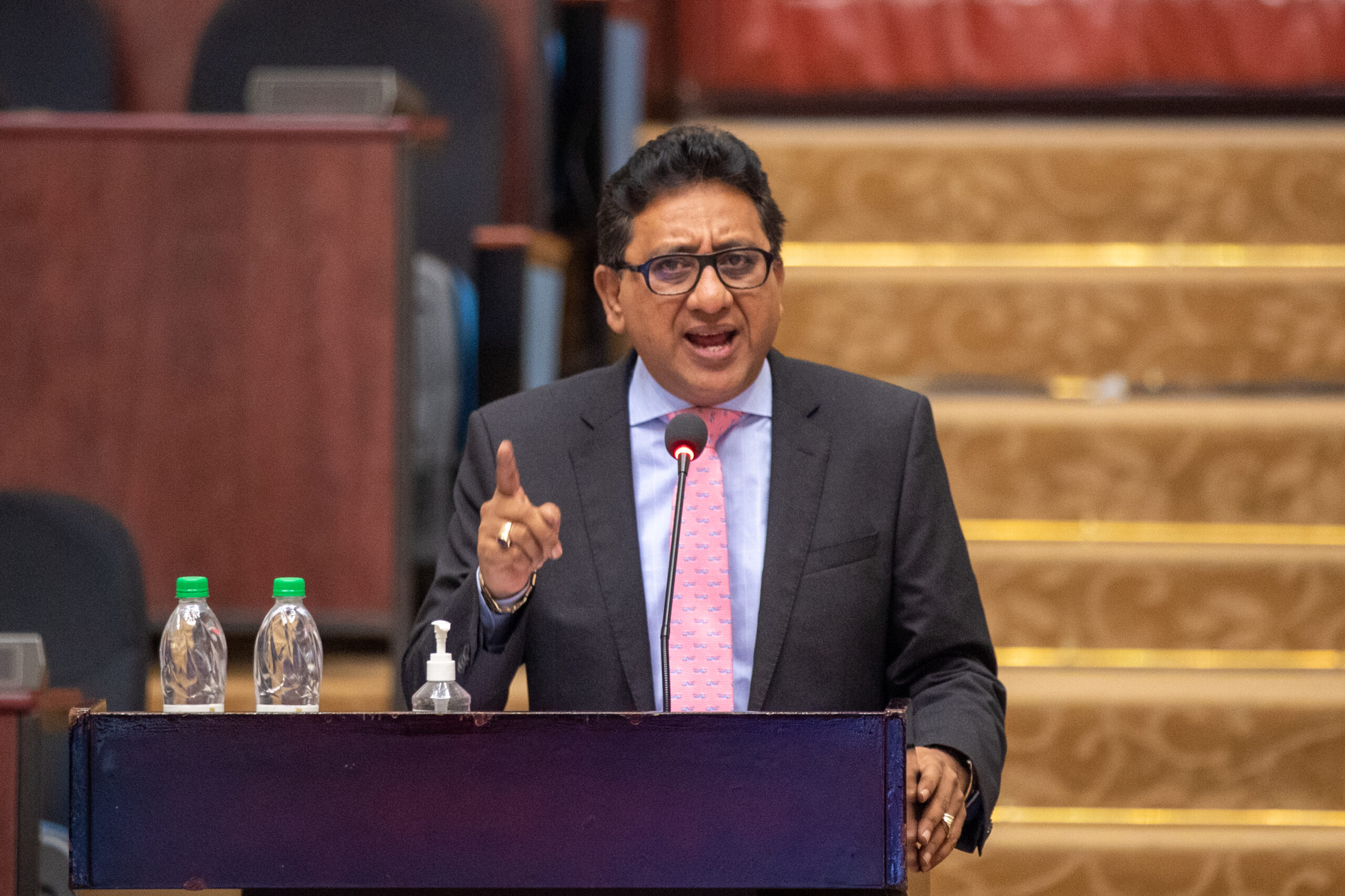Like passports, only option was to sole-source electronic ID cards – Nandlall
 new electronic identification system in Guyana, awarded to German-based company Veridos.
new electronic identification system in Guyana, awarded to German-based company Veridos.
Nandlall said sole-sourcing the contract was the only option available to the government because it involves matters of national security.
“National documents that require protective mechanism can’t go on the open market to compete for.
“The same way we do passports, birth certificates and national documents… services of that type universally do not go to public tendering,” Nandlall said during his Tuesday night ‘Issues in the News’ commentary.
Nandlall said the government was expected to choose a qualified and competent company it was satisfied with to provide the service.
“That is how it is done all over the world. You ever see the government advertise publicly to buy passports? You think the American Government goes on the public market to secure passports or green cards?” the AG quizzed.
He maintained that these are services that understandably are procured differently from other types of services.
“…And we have complied with the Procurement Act with respect to those types of services. That is why we are saying the allegations are misplaced,” Nandlall added.
The new system will see new identification numbers and cards being issued to Guyanese.
Once fully implemented, it will also help the government with its issuance of work permits and other necessary documentation for resident identification.
The system allows for the capturing of an individual’s biographic and biometric information which will be stored centrally but printed on laser-engraved polycarbonate material using black-and-white technology with secure pre-printed designs. It will carry a chip to allow for the integration of a variety of services.
Many countries have already implemented the electronic identification system as part of their national identity management programme to promote e-government and other services.
The cards offer fingerprint verification for cardholders with the current need for proof of address when conducting transactions at financial institutions to soon be eliminated.
The system altogether will share data internationally but focuses locally on an integrated identification system across government agencies and the private sector.



